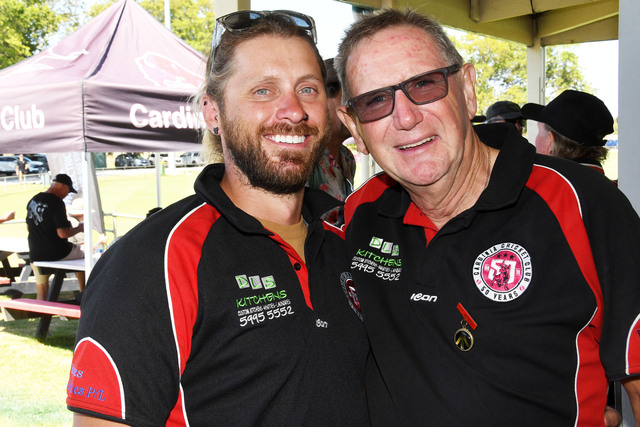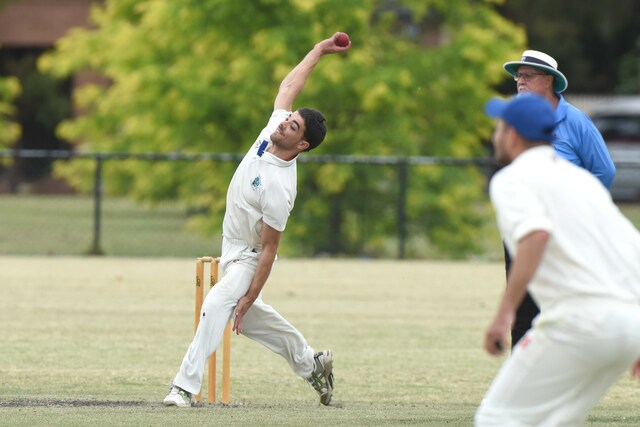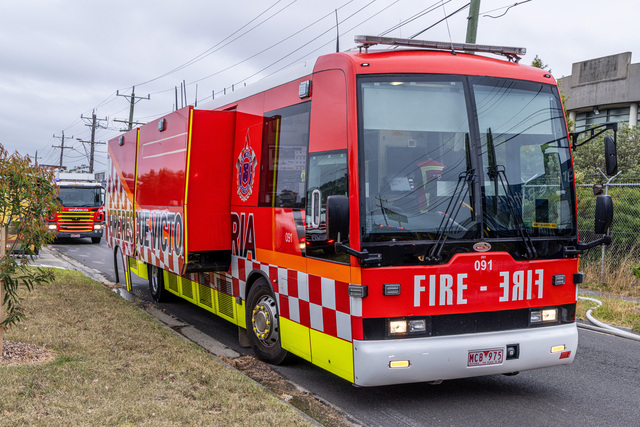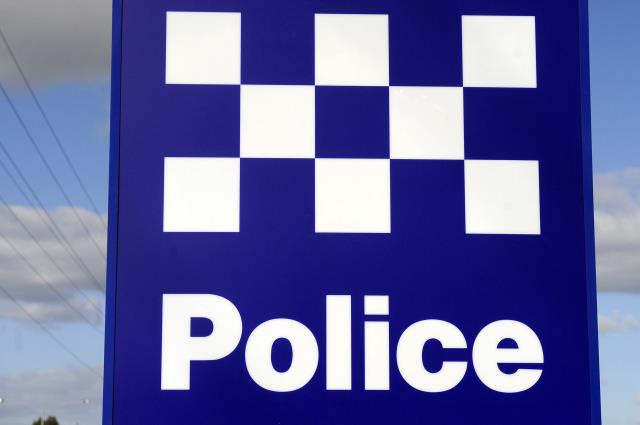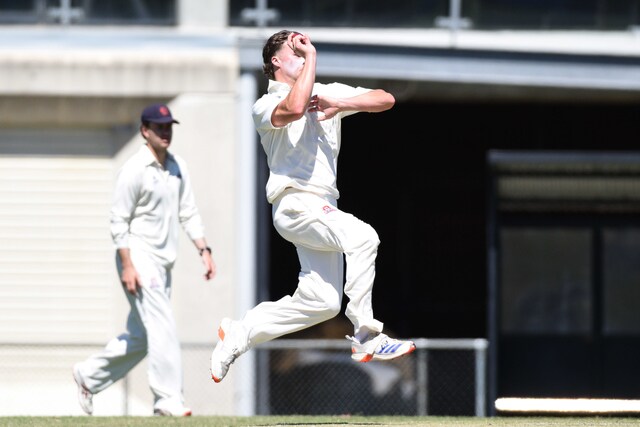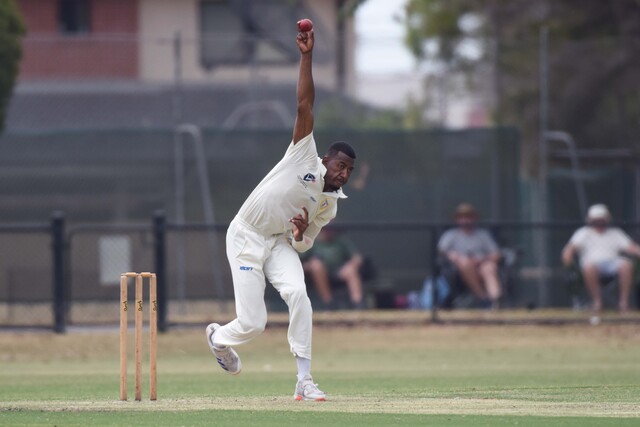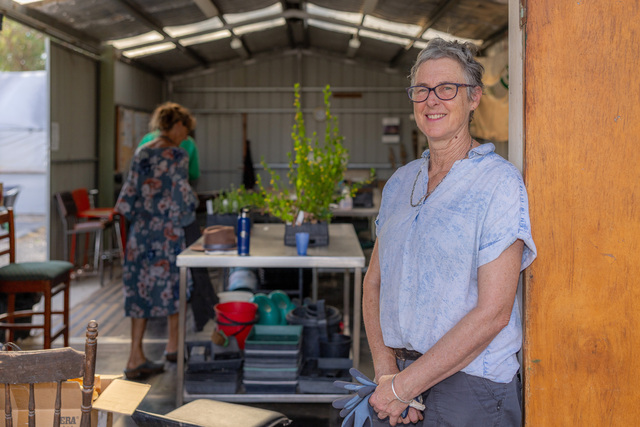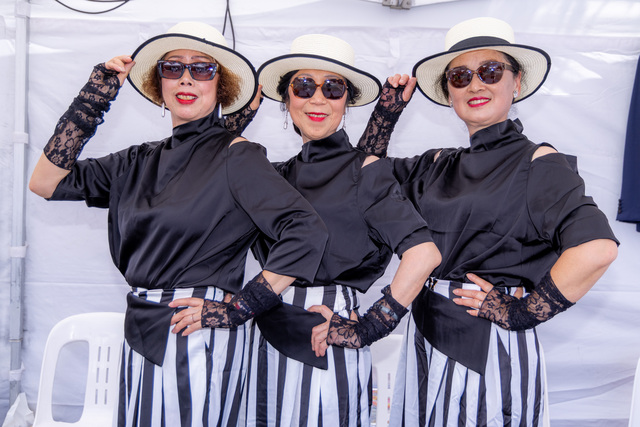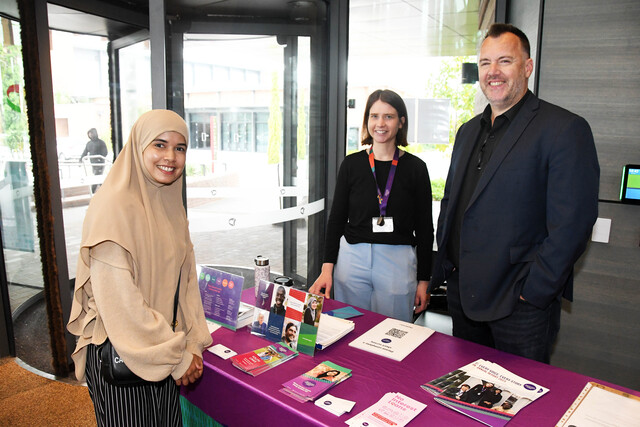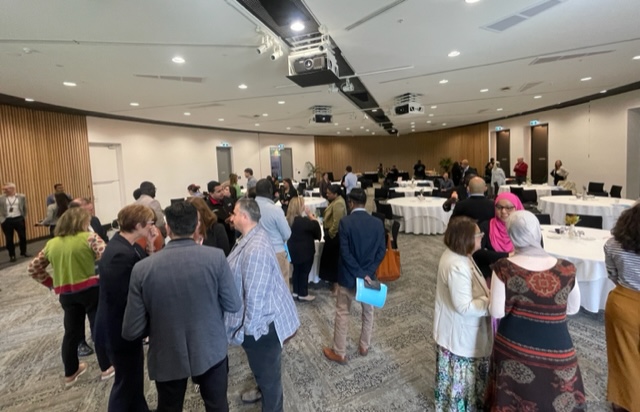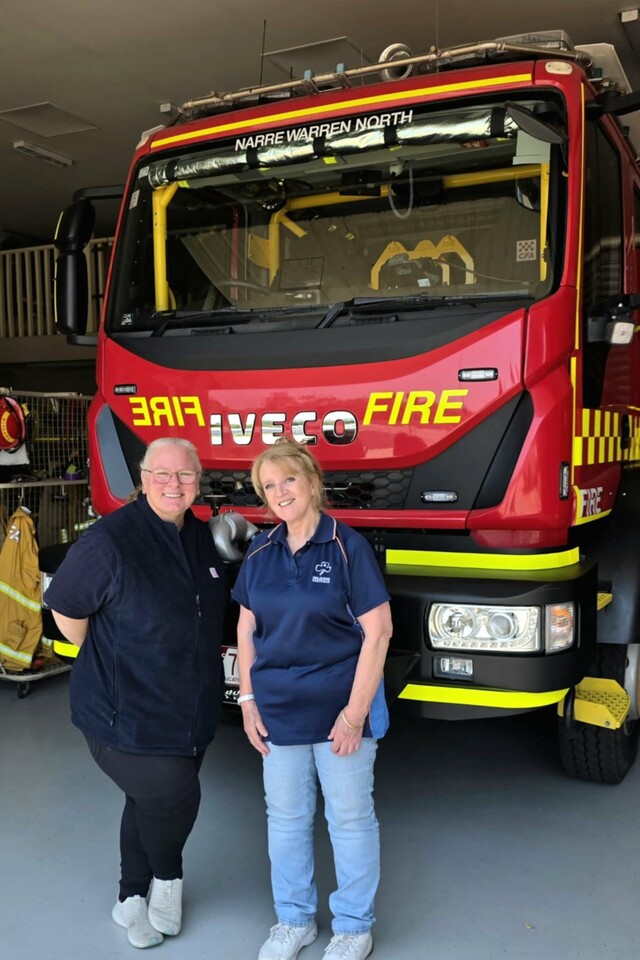A new study has uncovered the startling rates of family violence faced by women on temporary visas during the Covid-19 pandemic.
The study, conducted by Monash University in conjunction with InTouch Multicultural Centre Against Family Violence, is the first to document violence against women on temporary visas during the pandemic.
The study followed 100 of InTouch’s clients during the first Victorian lockdown from 16 March to 31 May 2020.
Participants detailed a multitude of family violence issues: starvation by the perpetrator, withholding of funds for essential medical care for children and victims, violence, and threats of deportation, among others.
During this time, 72 percent of the women who contacted InTouch for assistance reported that violence had increased in frequency or severity.
Soberingly, eight women reported having been removed from their house by the perpetrator; 63 percent of perpetrators had physically hurt the victim-survivor; and 87 percent had used emotional abuse.
It follows a larger study conducted in 2017, also by Monash University, that also analysed family violence amongst temporary visa holders.
This year’s study, InTouch CEO Michal Morris said, provides “a point of comparison to 2017 with a similar cohort of people, but it also gives us a much stronger understanding of the impact of Covid on these women.”
Workers at InTouch recognised immediately that their clients were facing a crisis when Covid hit; women contacting them had higher levels of anxiety, and there was an increase in requests for help with housing and food security.
While Ms Morris stressed that family violence is universal, and that family violence only affected a small percentage of the relationships of migrant families, she said women on temporary visas could face unique challenges.
“When you’re looking at relationships where there is family violence, there’s power relationships and control relationships,” she said.
“Where one is a permanent resident or a citizen, and the other is a temporary visa holder and there is family violence, that’s surety for one of the people in the relationship and insecurity for the other and it is a space that can be manipulated.”
Often there is little opportunity for recourse for these women, as they have been excluded from Federal Government pandemic support and are unable to access any assistance from Centrelink.
“These women are relying on friends, family and charity and service providers like InTouch to stay in their houses. They’re in an incredibly precarious position,” Ms Morris said.
InTouch has received funding from the State Government to continue to provide this assistance while the women remain out of work.
Part of that assistance has taken the form of delivery of food boxes to women in need around Melbourne with the help of social enterprise Kinfolk.
The report only covers the first wave in Victoria; Ms Morris said the issues may have been compounded by the extended lockdown in Victoria, with many women facing six months of no income and no possibility of returning to work in their fields, which are often highly casualised.
Another issue is the closure of the courts due to Covid safety concerns, which has created a backlog of intervention orders and family violence cases to be heard.
“We’ve all agreed, Victoria made a choice that was health and safety first. But there have been huge repercussions and the impact has been on some incredibly vulnerable people, so it’s about how we keep moving to try and support these people,” Ms Morris said.
“I think there’s a tension because as I said, we’ve received some funding to support these people across food and housing insecurity – but we’re not Centrelink.
“That’s supposed to be our safety net and this group of women don’t have that safety net.”
She’d like to see decisions made at a political level to better support these victim-survivors.
InTouch has long called for a specific visa for temporary visa holders who experience family violence, one that gives them possibilities to recover from their experience.
The new visa would not be a pathway to citizenship, but it would allow women to recover within Australia and be given opportunities to move forward and would provide basic entitlements like Centrelink and Medicare.
Among other recommendations, the report recommends the provision of strategic, targeted information to recent arrivals about family violence, migration status and supports available.
Ms Morris said there needs to be more and better engagement with communities around family violence.
“Since [Luke and Rosie] Batty, Victorian people have really developed and matured a lot of our attitudes towards family violence and our understanding of it.
“What we need to do now is make sure all the different parts of our community are on that journey around education on family violence.
“We need to see the human side of these women and how we can support these women through some really horrific circumstances.”


